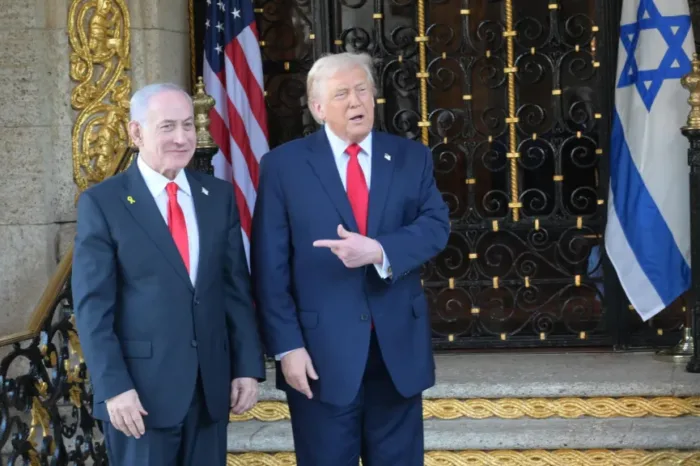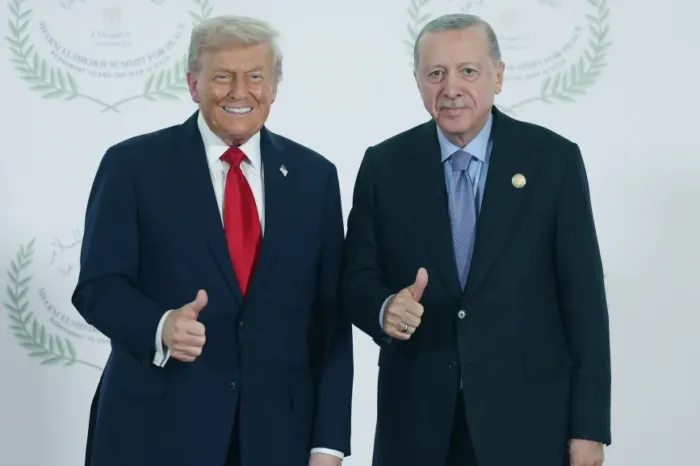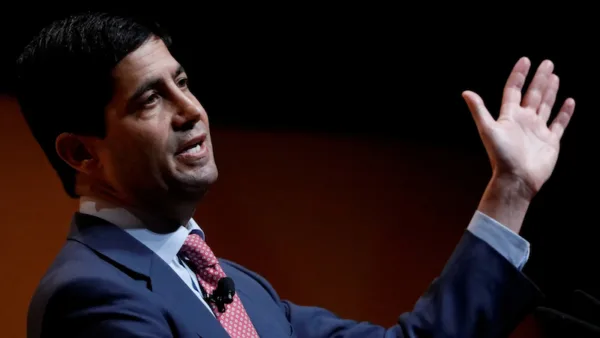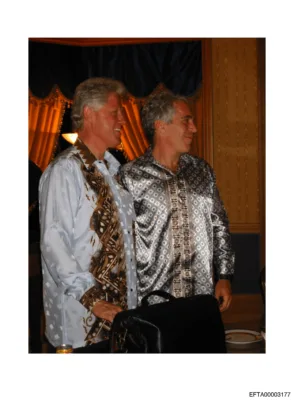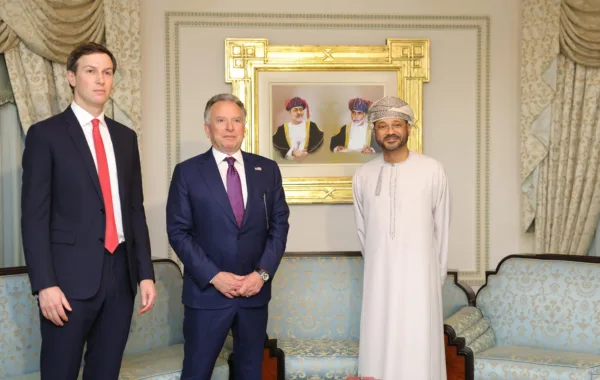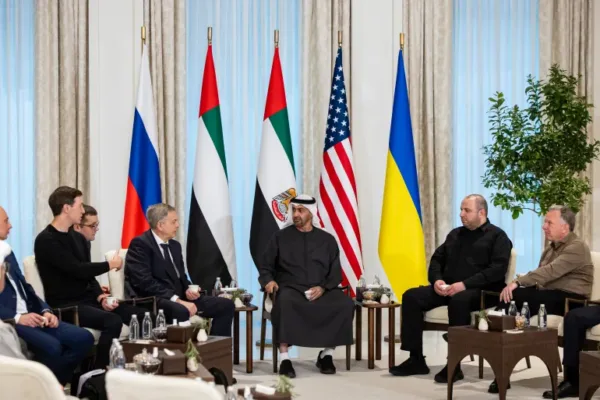Rethinking Turkey-US ties in light of the Idlib crisis
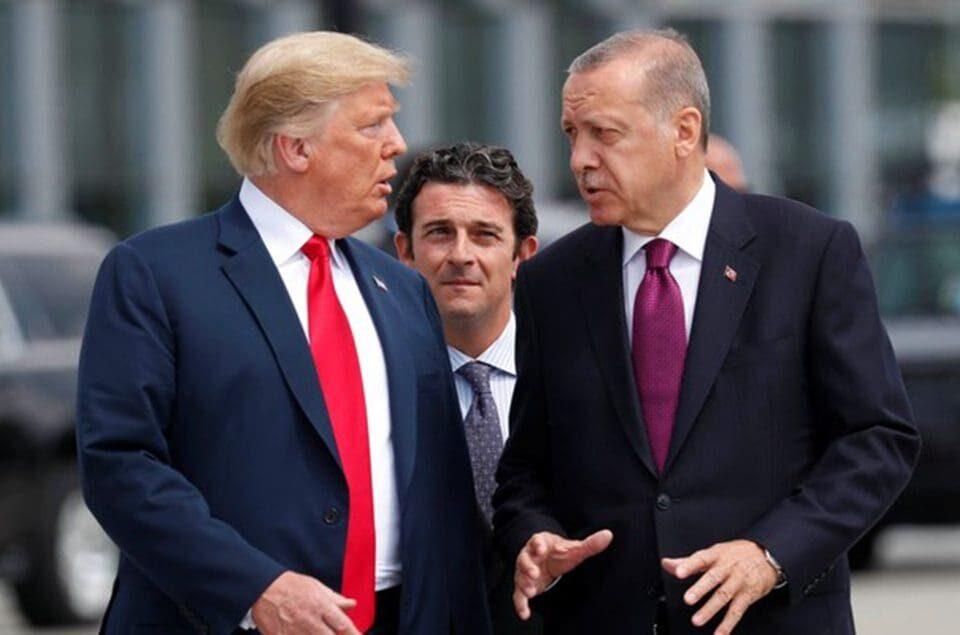
A new conversation with strategic perspective, realistic goals and achievable outcomes needs to be restarted between Turkey and the U.S.
Although summer was not a calm season for Turkish-American relations, with the end of the season there are questions regarding the state of bilateral ties following the holidays.
Now there is a consensus among optimists and pessimists; there are those who want an improvement in relations and those who think the two countries’ tensions could escalate given current relations – either way will be a critical turning point in the history of relations for the two countries.
During the summer there were signals that strengthened both sides’ arguments. The S-400 crisis and its handling by the U.S. led many observers to think that this will be one of the breaking points of relations, whereas the beginning of coordination in the safe zone in northern Syria and the establishment of a joint operation center to manage this coordination brought to life the first instance of real operational cooperation between the two countries east of the Euphrates.
While the threat of sanctioning Turkey due to the S-400s generated pessimism for the future of bilateral ties, the rapid implementation of the safe zone agreement after the much delayed Manbij road map created stark, though cautious, optimism for the future.
In similar fashion, while the attitude of U.S. Congress and the introduction of a series of resolutions against Turkey during the summer were interpreted by some as the level of difficulty to repair relations, the meeting between President Recep Tayyip Erdoğan and U.S. President Donald Trump in Osaka during the G20 summit and the dialogue of the two leaders was regarded as a show of potential between the two nations. Thus, both pessimists and optimists have enough ammunition at their disposal to pursue their arguments in this new season.
There is no question that we are entering another critical juncture in relations. There will be some determinants that may play critical roles in this new period. First, the implementation of the safe zone for future of cooperation between the two countries in Syria.
As mentioned above, the implementation of the first steps of the agreement led to cautious optimism among many, but it is still short of being a panacea to be considered a real confidence-building measure.
The continuation of this coordination between the security forces of the two countries will be one of the most important building blocks in generating much needed trust. U.S. support for the Turkish effort to prevent another humanitarian disaster in Idlib will also contribute to this process.
This may also help the spillover of cooperation between Turkey and the U.S. in Syria. Secondly, it is important for the two countries to resolve the S-400 or F-35 crisis. The insistence of some in the U.S. to sanction Turkey is a strategically short-sighted measure that may have counterproductive consequences.
Previously, the arms embargo of the 1970s and the “undeclared arms embargo” of the 1990s generated bad chemistry in relations. It took years to recover from the negative effects of these moves. Now the F-35 decision, if not reverted, may have similar outcomes.
To exclude Turkey from the program will be perceived as another arms embargo by the Turkish public. The additional Countering America’s Adversaries Through Sanctions Act (CAATSA) will make it extremely hard to reverse, and this time may create permanent damage in relations. In the 1970s Turkey was a different country than it is today.
In terms of capability, power and self-confidence, today’s Turkey is not comparable those days. In both these issues, there is also a need for multilayered and multidimensional diplomacy infused with creativity and innovation.
Increasing military diplomacy and the beginning of a more robust dialogue between the business sectors of the two countries are very positive signs in this process.
Constant dialogue between the two leaders has been the most important safety belt of relations throughout these turbulent times, but now the same level of constructive dialogue is needed for those serving at a sub-presidential level.
However, the lack of coordination and mixed messages that have been present in U.S. foreign policymaking need to end in order to reach this goal. A new conversation with strategic perspective, realistic goals and achievable outcomes needs to be restarted between the two countries.
This article was first published by Daily Sabah on August 30, 2019.


